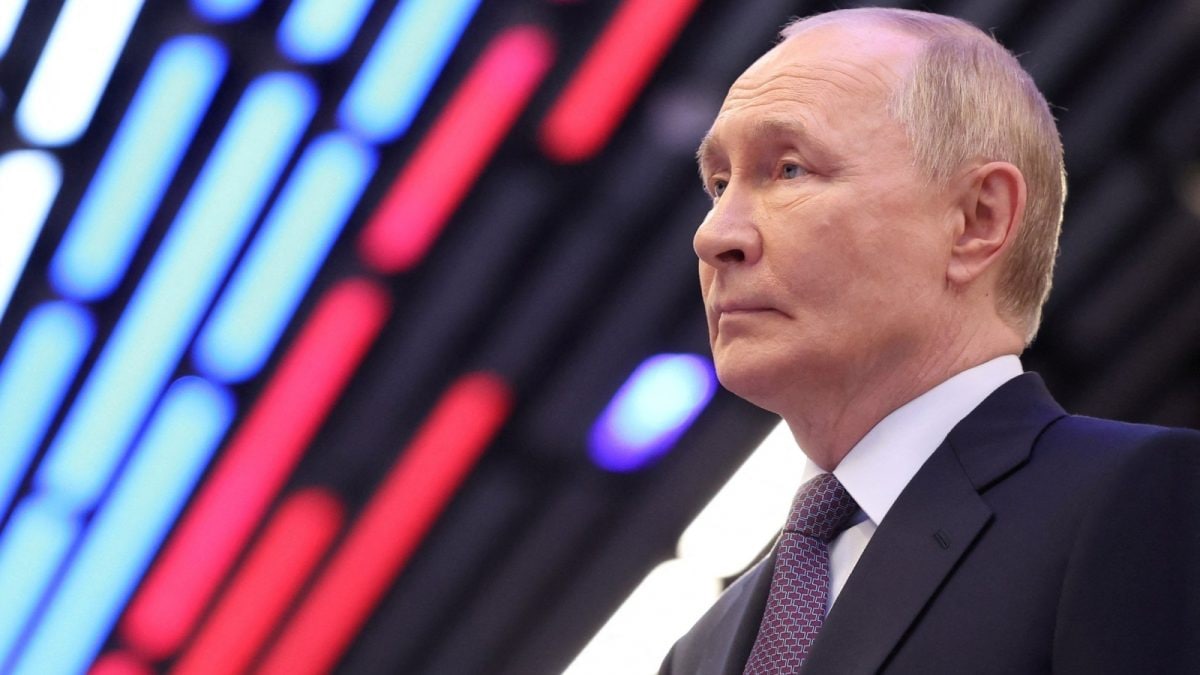Last Updated:
Russia introduces a budget rule to protect finances from oil price changes and sanctions, aiming to cut reliance on energy.

Russian President Vladimir Putin
The Russian Finance Ministry unveiled a new budgetary measure designed to protect state finances from oil price volatility and Western sanctions on energy exports. Under the initiative, due to take effect next year, Moscow will lower the cut-off oil price above which revenues flow into the country’s fiscal reserve fund. Finance Minister Anton Siluanov said the change was intended to ensure the fund is replenished reliably and to reduce dependence on oil and gas income.
“To make our finances more resilient, we are proposing a reduction in dependence on various constraints, whether price-related or volume-related, in the budget’s reliance on oil and gas revenues,” Anton Siluanov said.
Recommended Stories
Oil Sales Slump, Budget Under Pressure
The announcement comes as Russia’s oil and gas revenues are projected to fall sharply in September- down about 23% from a year earlier due to weaker prices and a stronger rouble. The draft 2026 budget is due to be submitted to parliament on September 29. Reuters reported that the government was also weighing an increase in value-added tax (VAT) to offset the deficit and sustain reserves.
Russian President Vladimir Putin, who met cabinet officials this week to review the budget, expressed dissatisfaction with the slowdown in economic growth. Russia’s economy is expected to expand by around 1% this year, down from 4.3% in 2024.
Anton Siluanov Revives Budget Rule
Anton Siluanov has been pushing to reinstate the so-called “budget rule” abandoned after the Ukraine war began. First introduced in 2004, the mechanism diverts excess oil revenue above a set price into reserves, which can later be drawn down if prices fall. He said the new measure would reduce the share of energy income in the state budget to 22% from about 25% in the first eight months of 2025.
“This will make the budget more muscular,” he said, adding that the cut-off price would be lowered by $1 annually until it reaches $55 per barrel in 2030. The current cut-off price is $60 per barrel. Russia’s fiscal reserve fund, which stands at roughly 4 trillion roubles ($48.25 billion), is set to be tapped for 447 billion roubles ($5.39 billion) this year to cover part of a deficit expected to exceed 1.7% of GDP.
Moscow, Russia
September 18, 2025, 21:09 IST
Loading comments…
Read More



